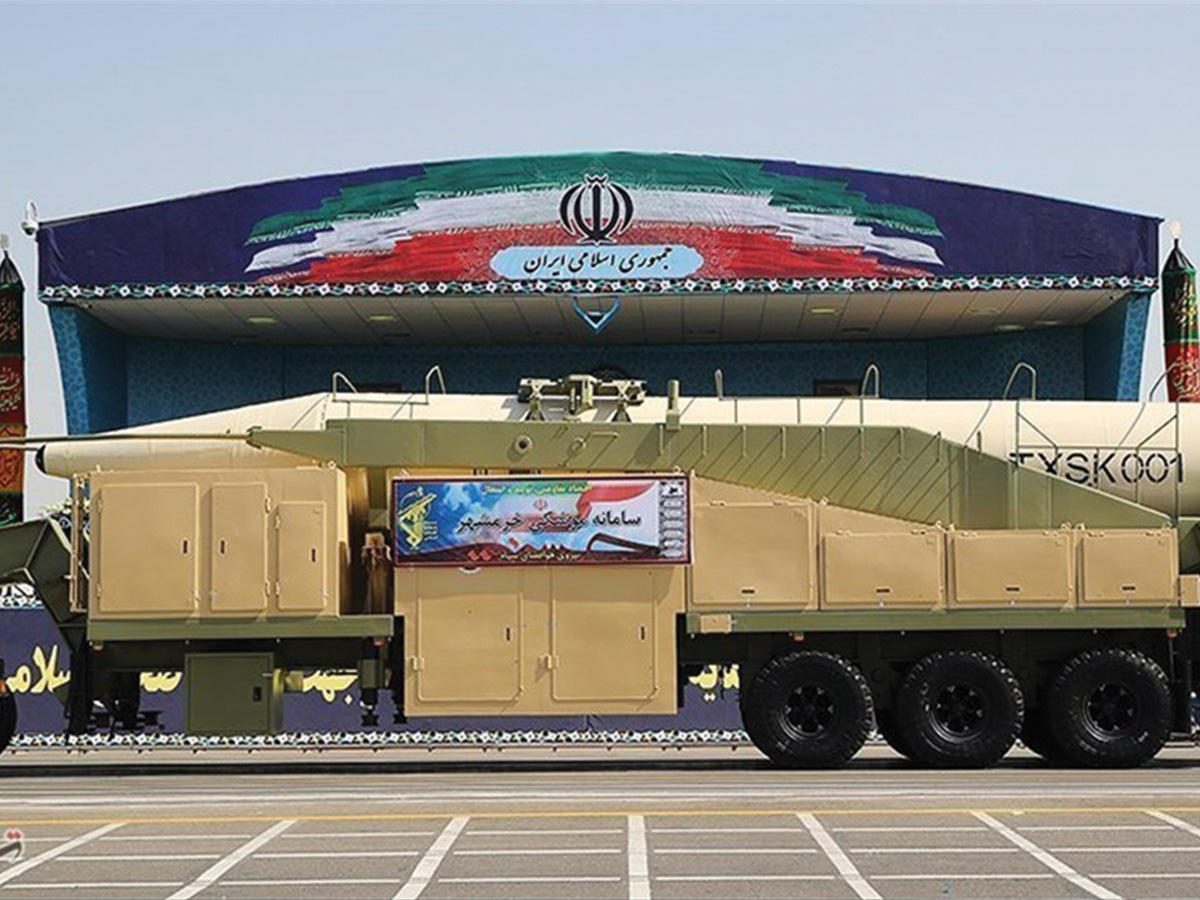Since President Donald Trump withdrew the United States from the Joint Comprehensive Plan of Action (JCPOA – the “Iran deal”) in May 2018, the world’s prospects for increased denuclearization and nonproliferation have decreased significantly. What had been a landmark agreement brokered by President Obama and, in a rare show of solidarity and agreement, supported by all five UN Security Council permanent members (plus Germany, leading to the moniker P5+1), was unilaterally vetoed by the world’s foremost guarantor of international stability and security.
Trump’s withdrawal came with the usual justifications that dealing with a state sponsor of terrorism over nuclear weapons it should never be allowed to have is foolish. While it is true that this concern is valid insofar as nuclear weapons acquisition by any state should be prevented, and moreover one that represents a regional power trying to play politics in the unstable Middle East, there is no evidence that Iran has itself failed to uphold the agreement. Therefore, Trump’s refusal to hold the U.S. to its word without provocation has led to a loss of credibility in the eyes of the world and poses a significant risk of escalation in global tensions. The fact is that the nuclear deal is an important step in denying Iran nuclear capabilities and normalizing relations with the U.S., and that destroying this agreement can have serious repercussions in an already unstable and untrustworthy global arena.
The stipulations of the JCPOA are intended to prevent Iran from pursuing various enrichment projects, which entail refining uranium to a level at which it can be used either for peaceful nuclear power production or, hypothetically, in the assembly of nuclear weapons. The U.S.’ prior policy towards Iran, hailing from the days of the regime change and establishment of the theocratic Islamic Republic, was to enact tough sanctions to economically cripple its adversary. Despite these sanctions and perhaps in order to improve their negotiating position, Iran sought uranium enrichment as a potential bargaining chip and self-defense endeavor. The JCPOA offered incentives in the form of economic aid and the cessation of sanctions, in exchange for enforced limitations on the centrifuges and nuclear material Iran was allowed. This would work to increase trust between both parties through slow and careful concessions, as well as provide a real mechanism to observe the Iranians’ adherence to the terms of the agreement.
Critics of the deal were quick to argue that the treaty is rather flat, and toothless, as it allows for Iran to retain some nuclear capabilities. Admittedly, some stipulations were lenient, such as allowing Iran a stockpile of centrifuges large enough to produce nuclear weapons. In addition, the deal’s physical limitations on nuclear enrichment were enacted with a sunset period of 15 years, after which Iran could resume enrichment activities.
While valid criticisms, the deal’s tougher stipulations render these rather insignificant. Iran is allowed to pursue research, development and enrichment of its very limited nuclear material only at one facility, monitored by the International Atomic Energy Agency (IAEA), and must sell off or store any excess material in a way that is satisfactory to the P5+1 monitors. In addition, as a concession to the Iranians, the P5+1 will offer to help upgrade Iran’s facilities in a way that renders them safer and more modern while simultaneously making weapons-grade enrichment impossible. These clauses are the core of the restrictions placed on Iran’s capabilities, and they ensure that any work they have done thus far is halted in its tracks. By the time the aforementioned sunset period is over, Iran’s nuclear weapons capabilities will be effectively neutered.
Critics of the JCPOA further miss the point of the agreement in the first place: to immediately prevent Iran’s power grab and delay its potential capabilities at a time when the U.S. is losing its hegemonic power, which has long guaranteed relative stability across the globe. Already facing a resurgent Russia, an ascendant China and its time-honored mix of regional challengers, the U.S. doesn’t need another adversary complicating its precarious position in the Middle East. Iran, as of now, is not a significant threat, although its pursuit of nuclear arms is certainly a signal of intent and future aspirations for nuclear power. The JCPOA is a masterful achievement of diplomacy that eliminates one more potential adversary while upholding the U.S.’ image as a guarantor of stability and it highlights the nation’s ability to work with those it doesn’t agree with for the sake of ultimate peace.
Trump’s utter failure to grasp the intricacies of global realpolitik and his pandering to a hawkish base are weakening U.S. dominance over the world, a position that has been eked out in blood and over a century’s worth of diplomatic and military craft. At the end of the day, despite critics’ portrayal of the JCPOA as appeasement, the Iran deal is a geopolitical necessity. Failing to honor it accomplishes nothing, and only serves to throw a wrench into the hard work past administrations and the U.S.’ fellow UN members have put forth to secure a safer and more stable world.








